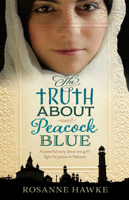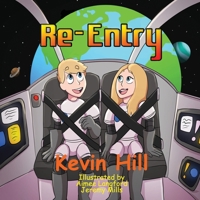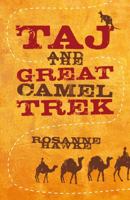Book Overview
Customer Reviews
Rated 5 starsGreat read!
I really liked this book in the ongoing series about shapesifters named Sentinels and their enemies. The two main characters, Nick and Jet, were very well written, as were all of the other characters. Good fast pace and interesting all the way through the story, Doranna Durgin has a nice feel for her characters.
0Report
Rated 5 starssuper entry
Jet the shapeshifter lures werewolf Sentinel Nick Carter into her trap. He senses she is different than his peers, but not sure how. However, she frees him when she realizes her patron lied when he said he would not harm Nick. He realizes what makes her seem different is that she is more a wolf shifting into a human body than a human shifting into a wolf's body. The Atrum Core wants to take control of the earth, but to...
0Report













































